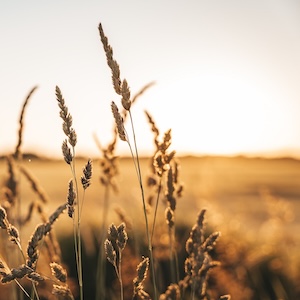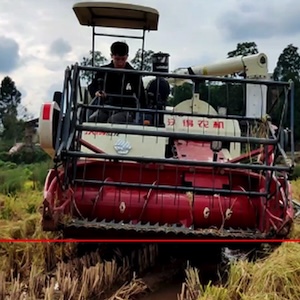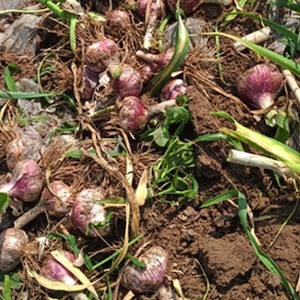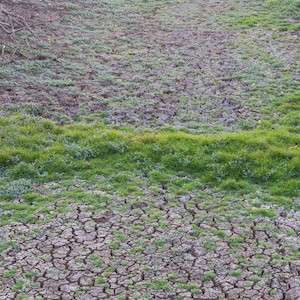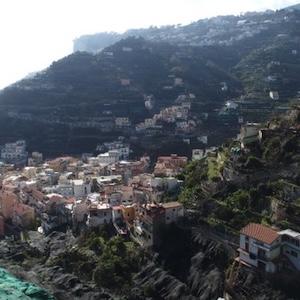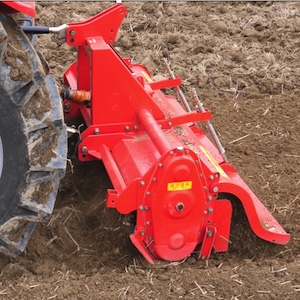Theoretical and experimental study on mechanical characterisation of a water drop impact on a solid surface

Published: 8 March 2016
Abstract Views: 1951
PDF: 865
HTML: 1228
HTML: 1228
Publisher's note
All claims expressed in this article are solely those of the authors and do not necessarily represent those of their affiliated organizations, or those of the publisher, the editors and the reviewers. Any product that may be evaluated in this article or claim that may be made by its manufacturer is not guaranteed or endorsed by the publisher.
All claims expressed in this article are solely those of the authors and do not necessarily represent those of their affiliated organizations, or those of the publisher, the editors and the reviewers. Any product that may be evaluated in this article or claim that may be made by its manufacturer is not guaranteed or endorsed by the publisher.
Similar Articles
- Abderrahman Sghaier, Hanen Dhaou, Lassaad Jarray , Zouhair Abaab, Ahmed Sekrafi, Mohamed Ouessar , Assessment of drought stress in arid olive groves using HidroMORE model , Journal of Agricultural Engineering: Vol. 53 No. 1 (2022)
- Chiara Antinoro, Vincenzo Bagarello, Vito Ferro, Giuseppe Giordano, Massimo Iovino, Testing the shape-similarity hypothesis between particle-size distribution and water retention for Sicilian soils , Journal of Agricultural Engineering: Vol. 43 No. 3 (2012)
- Vincenzo Bagarello, Vito Ferro, Dennis Flanagan, Predicting plot soil loss by empirical and process-oriented approaches. A review , Journal of Agricultural Engineering: Vol. 49 No. 1 (2018)
- Ameneh Sobhani, Shawkat B.M. Hassan, Giovanna Dragonetti, Raffaella Balestrini, Mauro Centritto, Antonio Coppola, Alessandro Comegna, Comparing actual transpiration fluxes as measured at leaf-scale and calculated by a physically based agro-hydrological model , Journal of Agricultural Engineering: Vol. 54 No. 3 (2023)
- Mario Pirastru, Marcello Niedda, Mirko Castellini, Effects of maquis clearing on the properties of the soil and on the near-surface hydrological processes in a semi-arid Mediterranean environment , Journal of Agricultural Engineering: Vol. 45 No. 4 (2014)
- Martine Nyeko, Guido D'Urso, Walter W. Immerzeel, Adaptive simulation of the impact of changes in land use on water resources in the lower Aswa basin , Journal of Agricultural Engineering: Vol. 43 No. 4 (2012)
- Juan Ãngel Mintegui Aguirre, José Carlos Robredo Sánchez, Carlos de Gonzalo Aranoa, Pablo Huelin Rueda, Jorge Fallas, Felipe Cisneros, Pedro Cisneros, Adriana Urciuolo, Rodolfo Iturraspe, Forest use strategies in watershed management and restoration: application to three small mountain watersheds in Latin America , Journal of Agricultural Engineering: Vol. 45 No. 1 (2014)
- Andrea Setti, Giulio Castelli, Lorenzo Villani, Roberto Ferrise, Elena Bresci, Modelling the impacts of water harvesting and climate change on rainfed maize yields in Senegal , Journal of Agricultural Engineering: Vol. 54 No. 3 (2023)
- Wei Deng, Chunjiang Zhao, Liping Chen, Xiu Wang, Constant pressure control for variable-rate spray using closed-loop proportion integration differentiation regulation , Journal of Agricultural Engineering: Vol. 47 No. 3 (2016)
- Cesar Augusto Terán-Chaves, Sonia Mercedes Polo-Murcia, Cropping pattern simulation-optimization model for water use efficiency and economic return , Journal of Agricultural Engineering: Vol. 52 No. 4 (2021)
You may also start an advanced similarity search for this article.

 https://doi.org/10.4081/jae.2016.487
https://doi.org/10.4081/jae.2016.487 



